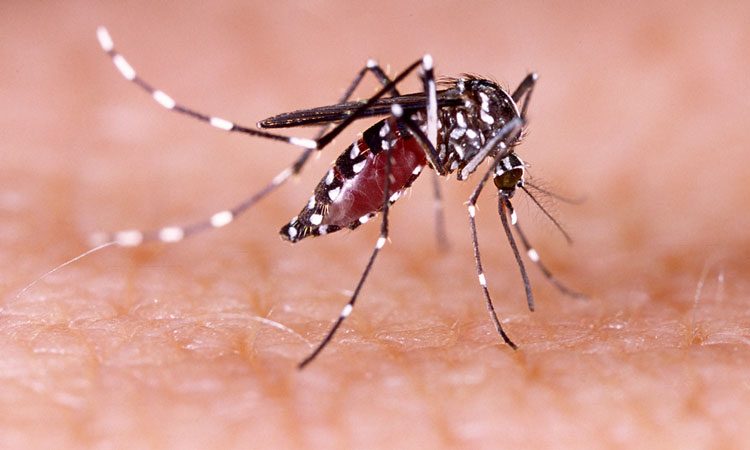New Zika vaccine prevents infection and organ damage
Posted: 25 August 2025 | Drug Target Review | No comments yet
Brazilian researchers have developed a new Zika virus vaccine that is safe and effective in mice – protecting against both brain inflammation and testicular damage while avoiding cross-reactions with dengue.


A new Zika virus vaccine developed in Brazil by researchers at the Institute of Tropical Medicine of the University of São Paulo’s Medical School (IMT-FM-USP) has proven both safe and effective in mouse studies. In addition to inducing an immune response against the infection, the vaccine also protected the animals from the brain and testicular damage caused by the disease. The findings were published in NPJ Vaccines.
Virus-like particles: a safer approach
In the study, the researchers were able to design a formulation that neutralised the pathogen and protected rodents from both brain inflammation and testicular damage – something that hasn’t been observed in epidemiological studies before.
“Unlike more traditional strategies, which use attenuated or inactivated virus inoculation, in this formulation we don’t use the pathogen’s genetic material, which makes its development much safer and more economical without the need for substances that enhance the immune response [adjuvants],” explains Gustavo Cabral de Miranda, lead researcher for the project.
Biomarkers are redefining how precision therapies are discovered, validated and delivered.
This exclusive expert-led report reveals how leading teams are using biomarker science to drive faster insights, cleaner data and more targeted treatments – from discovery to diagnostics.
Inside the report:
- How leading organisations are reshaping strategy with biomarker-led approaches
- Better tools for real-time decision-making – turning complex data into faster insights
- Global standardisation and assay sensitivity – what it takes to scale across networks
Discover how biomarker science is addressing the biggest hurdles in drug discovery, translational research and precision medicine – access your free copy today
The platform is built from two main components:
- The carrier particle (virus-like particle or VLP), this alerts the immune system to the presence of a virus.
- The viral antigen, which triggers the production of specific antibodies against Zika.
For this vaccine, the team used QβVLP – a well-studied platform that mimics viral structure. They paired this with EDIII – a portion of the Zika virus envelope protein that binds to human cell receptors.
Strong immune activation
“We inoculated the VLPs produced in the USP laboratory using bacteria [Escherichia coli], chemically conjugated to the antigen. This combined structure mimics a real virus, with EDIII attached to the outside of the platform,” describes Nelson Côrtes, the first author of the study.
“When the formulation is injected into the body, this combination activates a strong immune response, including antibodies and Th1 cells, a subtype of T lymphocytes that play crucial roles in the immune response.”
In genetically modified mice that are more susceptible to Zika, the vaccine stimulated antibodies that neutralised the virus. This prevented infection from worsening and reduced the onset of symptoms.
Protecting male reproductive health
The team also analysed the effects of Zika on organs such as the brain, kidneys, liver, ovaries and testicles. In male mice, the vaccine provided protection against testicular damage.
“This is important, given the known risks of sexual transmission of the Zika virus and its potential to cause testicular damage, which can negatively affect spermatogenesis and reproductive health as a whole,” Côrtes says.
Avoiding dangerous cross-reactions
Developing a Zika vaccine is challenging because the virus is closely related to dengue, which has four circulating serotypes. This similarity can lead to cross-reactions where antibodies mistakenly enhance infection instead of preventing it.
“The vaccine doesn’t cause a cross-reaction, which is very positive. Previous studies by the group had already analysed this issue, and using the EDIII antigen allows the immune system to produce antibodies that are more specific to the Zika virus, avoiding the problem,” Miranda concludes.
Related topics
Animal Models, Drug Development, Drug Discovery, Immunology, In Vivo, Vaccine, Vaccine development, Virology
Related conditions
Zika virus
Related organisations
São Paulo’s Medical School
Related people
Nelson Côrtes (IMT-FM-USP)








